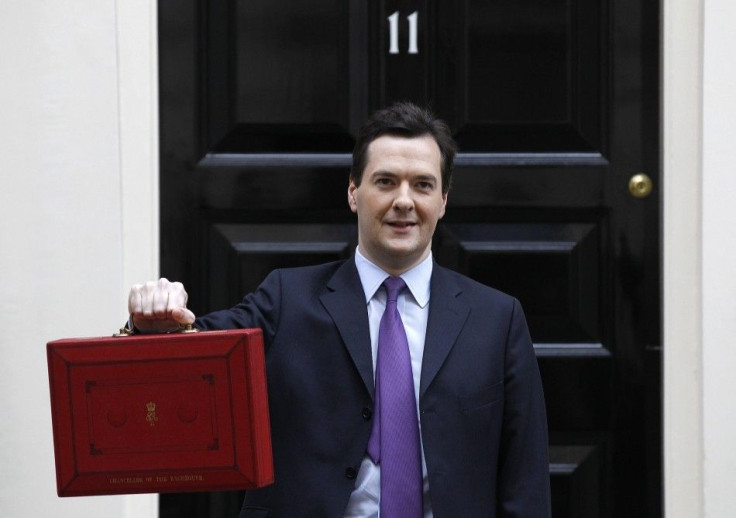UK budget fiscally neutral: Capital Economics

The UK budget, which was unveiled on Wednesday, has revealed no significant changes to the deficit-reduction plans set out by the coalition Government just after last summer’s election, an analyst has commented.
The highlights of the budget presented by Chancellor George Osborne were some relatively high impact tax measures, like a further rise in the personal income tax allowance, a bigger than planned cut in corporation tax and an unexpected cut in fuel duty.
But these were fully funded by an increase in North Sea taxation and a higher bank levy, so the overall package was fiscally neutral, said Capital Economics' chief European economist Jonathan Loynes in a note.
In a significant change in growth outlook, the GDP growth calculations were revised downward to 1.7 per cent this year and 2.5 per cent in the next. According to official estimates in November, the economy would have grown 2.1 per cent in 2011 and 2.6 per cent in 2012.
Osborne cut the corporation tax by 2 per cent this year and announced a plan to bring it down to 32 percent over the next three years. Inflation, which is riding at 4.4 percent currently, will be brought down to 2.5 percent next year and to the ECB target rate of 2 percent eventually.
© Copyright IBTimes 2024. All rights reserved.











